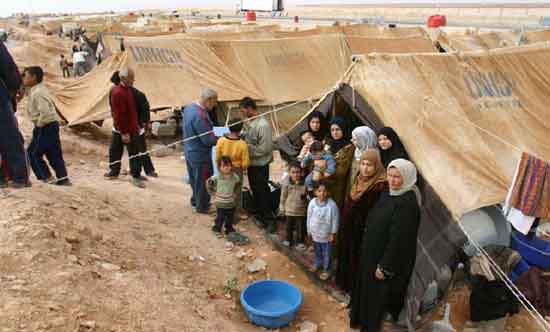 Foreign Policy's Passport blog has a quick post, "Pacific islands are actually growing" linking to a new study from the University of Aukland saying that 80% of Pacific Islands have grown or stayed the same size of the last 60 years. The article in question, titled "The dynamic response of reef islands to sea level rise: evidence from multi-decadal analysis of island change in the central pacific" was published a couple of weeks ago in "Global and Planetary Change".
Foreign Policy's Passport blog has a quick post, "Pacific islands are actually growing" linking to a new study from the University of Aukland saying that 80% of Pacific Islands have grown or stayed the same size of the last 60 years. The article in question, titled "The dynamic response of reef islands to sea level rise: evidence from multi-decadal analysis of island change in the central pacific" was published a couple of weeks ago in "Global and Planetary Change". If only this meant that we don't have to worry about entire nations slipping beneathe the waves anymore! Unfortunately, there is evidence that we should not be complacent about this. Of the accelerating amount of carbon emissions being pumped into the atmostphere, about 50% of it is being captured by the oceans. A chemical reaction of the increased carbon with elements in the seawater is causing the oceans to become more acidic, and that acidity is killing coral reefs. So, we should not be so sanguine as to expect that what has worked to preserve these islands over the past 60 years of slow sea level rise will also work in the forthcoming 60 years. We should also be aware that there is an increasing threat that sea level rise will be much faster than the 2 mm per year.
Last year, I blogged about the UN resolution, proposed by 12 Pacific island states, about the national security effects of climate change. The Maldives and Tuvalu have been at the center of international political action against climate change, and they have done good work. I worry that this study will be used by those opposed to climate action as a way to sideline them from the debate. I think they still have some persuasive arguments to make that they remain at risk. We shouldn't stop sending the filmmakers, campaigners, and politicians to the Maldives or Tuvalu yet.


